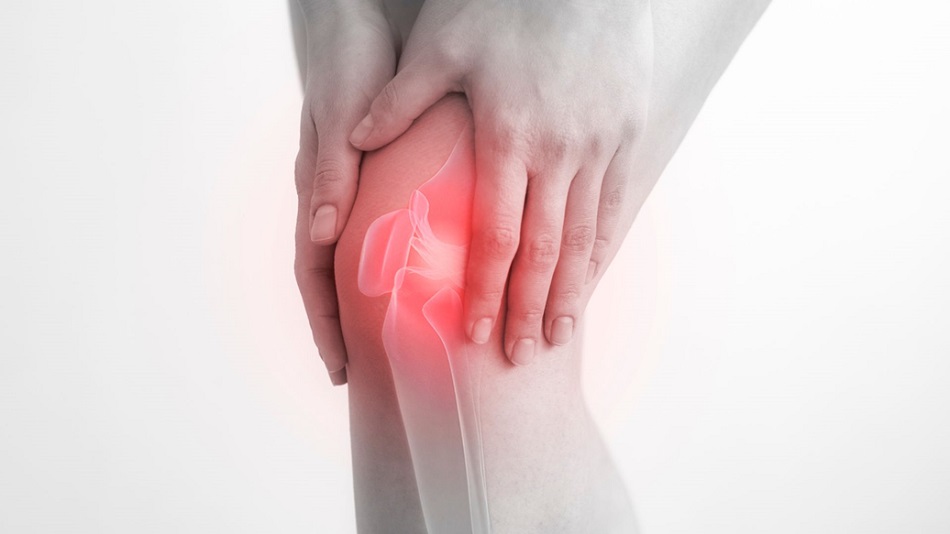
The Effects of Gastric Sleeve on Obesity-Related Joint Pain and Mobility
Obesity is a significant health issue worldwide, affecting millions of people and leading to several comorbidities, including mobility issues and joint pain. One effective solution for this problem is weight loss surgery, particularly the gastric sleeve procedure. This article will discuss the impact of gastric sleeve surgery on obesity-related joint pain and mobility, focusing on its effectiveness and how it can potentially alleviate these issues.
Gastric Sleeve: A Brief Overview
Gastric sleeve surgery, or sleeve gastrectomy, is a bariatric procedure that significantly reduces the size of the stomach by removing around 80% of it. This surgery leaves the patient with a smaller, tube-like stomach, effectively reducing their food intake and leading to weight loss over time. You can also check out https://bariatricsurgeries.com/procedures/gastric-sleeve/ to learn more about the procedure.
Alleviating Joint Pain and Mobility Issues
Obese patients often experience joint pain, particularly in the knees, hips, and lower back, as excess weight places additional strain on these joints. This increased pressure can cause inflammation, wear and tear, and even damage to the cartilage and bones. Consequently, this results in decreased mobility and reduced quality of life.
Gastric sleeve surgery can combat obesity-related joint pain and mobility issues in several ways:
- Weight Loss: The primary impact of gastric sleeve surgery is significant weight loss, which relieves joint stress. This alleviation can reduce inflammation and pain, enabling patients to enjoy a more active lifestyle.
- Improved Mobility: As patients shed pounds, they tend to experience increased mobility and a more comprehensive range of motion in their joints. This improvement allows them to engage in activities they previously couldn’t, such as exercising, walking, and even participating in sports.
- Reduced Inflammation: Studies have shown that gastric sleeve surgery can contribute to a decrease in specific inflammatory markers in the body. The reduction in inflammation can translate to improved joint health and less joint pain.
- Joint Repair and Growth: Gastric sleeve surgery leads to significant dietary changes that may impact a patient’s overall nutritional status. Patients can provide their joints with the necessary nutrients for repair and growth with a healthier diet and appropriate supplements.
To Conclude
In addition to improving overall health and weight management, gastric sleeve surgery can have a significant impact on obesity-related joint pain and mobility. By reducing stress on joints, decreasing inflammation, and promoting healthier lifestyles, this procedure can significantly enhance patients’ quality of life, allowing them to live more comfortably and actively. For more information on weight loss surgery, visit https://bariatricsurgeries.com/ to learn more. With the right information and consulting a qualified healthcare professional, patients can decide if this procedure is right for them. Ultimately, gastric sleeve surgery can be a powerful tool in managing obesity-related joint pain and mobility.
